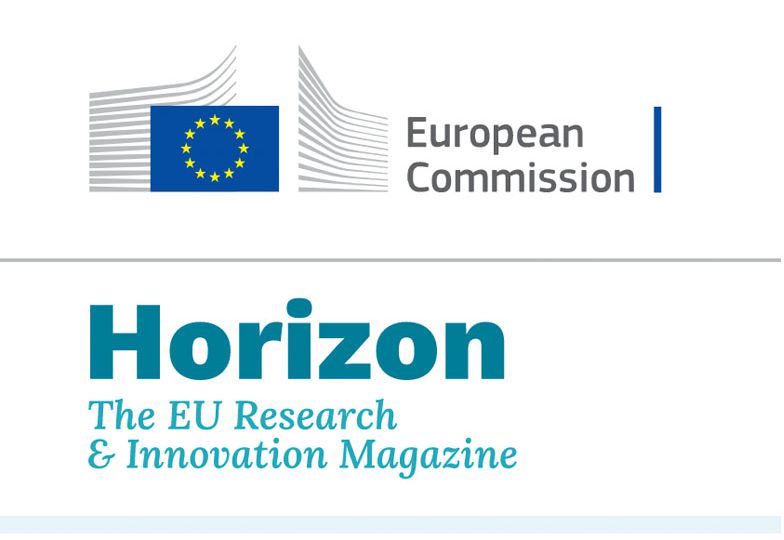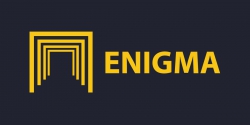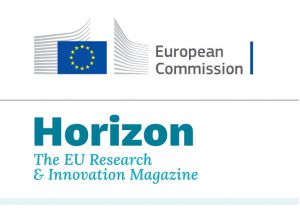
Publications
May 23, 2023
Museums and police in Europe join forces to fight illicit trade in artefacts
HORIZON MAGAZINE
European projects are developing new ways to clamp down on international trafficking of cultural goods.
Charalampos Georgiadis, ENIGMA’s coordinator, says the technologies will be more effective if all museums use the same methods to describe at-risk items.
‘We want to create a unique identifier for objects,’ said Georgiadis, an associate professor at the School of Civil Engineering of the Aristotle University of Thessaloniki in Greece.
He said this means developing standardised descriptions – including colour, material, shape and size – that museums can use with minimum effort and cost.
ENIGMA, which runs through 2025, also wants to make it possible to use artificial intelligence to crawl the internet for images and information on objects that could be looted or stolen.


